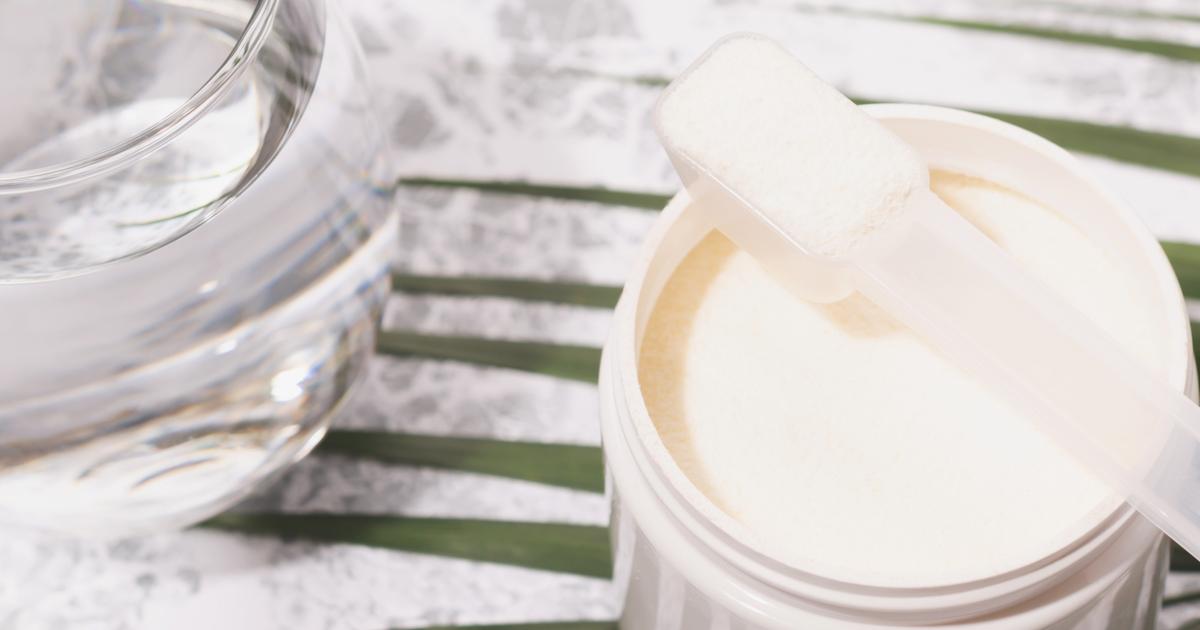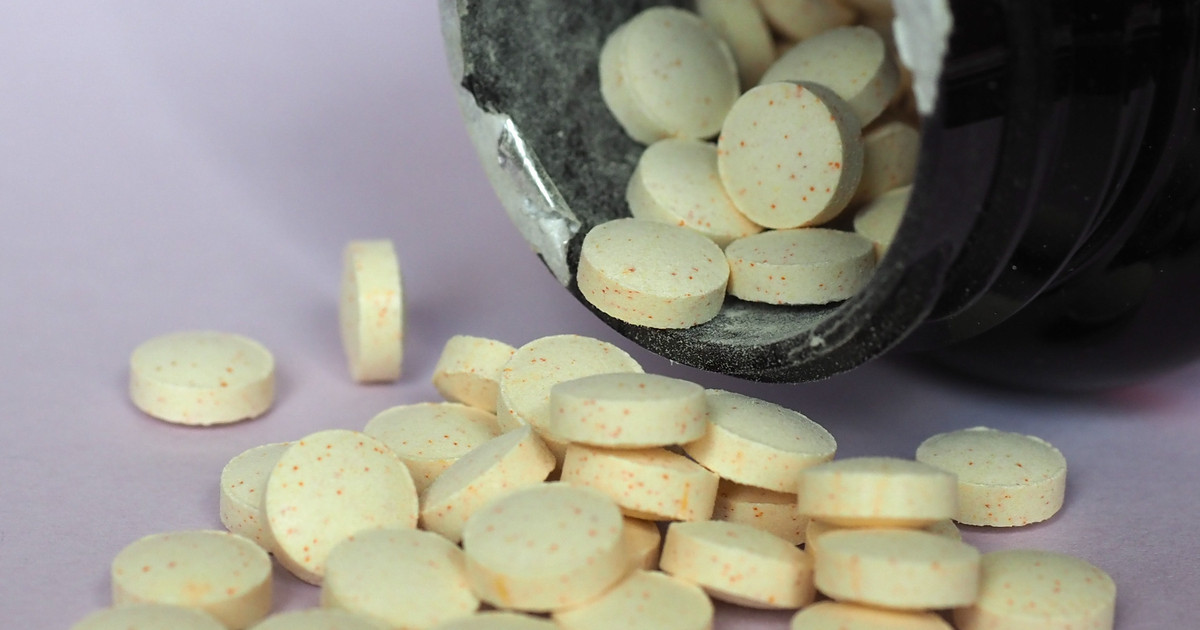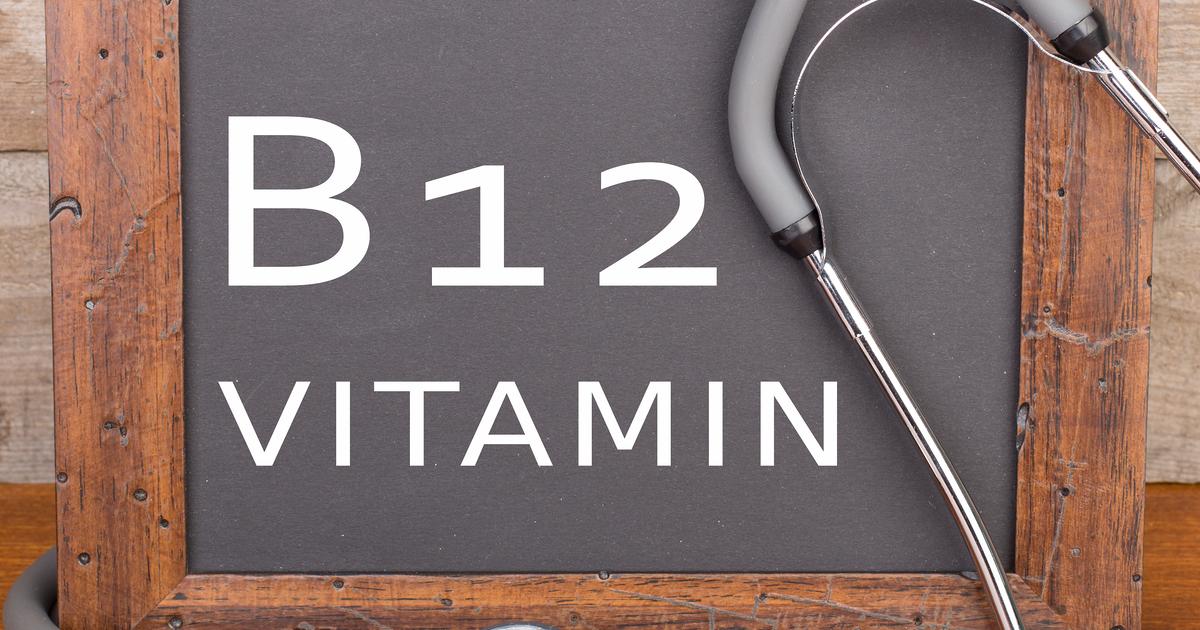Guide To Common Supplements For The Hair, Skin, And Nails
Many over-the-counter supplements contain ingredients that claim to improve hair, skin, and nail health. Patients may incorporate supplements to help their hair grow faster, improve acne, or reduce nail breakage. While studies indicate that some vitamins and minerals may be helpful for skin, hair, and nail health, patients should still ask their doctor before taking any oral supplements. High doses of some supplements may lead to side effects, including diarrhea or constipation. Patients should monitor their symptoms and report any potential concerns to their doctor.
Individuals can look for specific skin supplements for skin problems, including acne. There are also nail supplements, which can help with those issues. Specific vitamin supplements can be helpful, such as collagen tablets, though individuals should consider the specific benefits before determining which one they need to purchase. Thus, individuals should learn about the best hair growth supplements, vitamins for acne, and vitamins for nail strength first.
Zinc

Research suggests that consuming zinc may help promote the health of hair follicles. The mineral can strengthen hair strands, decrease hair shedding, and increase hair volume. While it has not yet been confirmed in research studies, some patients may find that zinc supplements make their hair grow faster. This supplement may help in the treatment of fungal infections of the scalp. One example is dandruff. For hair health, patients should take no more than fifteen milligrams of zinc each day. They should only take zinc for a maximum of three months. Taking higher doses or supplementing for longer than three months could cause side effects.
In terms of nail health, patients with zinc deficiencies often notice white spots on their fingernails. Zinc supplements can help correct this deficiency. Thus, they can eliminate the white spots. Some individuals find that taking zinc supplements helps prevent or reduce acne breakouts. They may also be useful for the treatment of skin ulcers and psoriasis.
Collagen

Collagen is a protein composed of nineteen amino acids. As individuals age, the body produces less collagen, which contributes to fine lines, wrinkles, and a loss of skin elasticity. Collagen supplements may help reduce the signs of skin aging and improve skin texture. Since collagen fights free radicals in the body, some individuals who take collagen supplements report an increase in hair growth. They may find that their hair looks thicker. In terms of nail health, collagen may be beneficial in preventing brittle nails and nail breakage.
In 2017, researchers conducted a study of twenty-five participants that lasted twenty-four weeks. Each participant consumed 2.5 grams of a specific collagen supplement each day. At the conclusion of the study, researchers noted that the average rate of nail growth in the participants had increased by twelve percent, there was a forty-two percent decrease in the frequency of nail breakage. Since this study lacked a control group, more research is needed to determine the overall effectiveness of collagen for nail health. In addition to oral supplements, some patients may choose to use topical collagen treatments, especially for treating skin issues.
Biotin

Biotin (vitamin B7) is a coenzyme used in the metabolism of glucose, amino acids, and fatty acids. Several studies suggest that biotin may help promote the growth and health of the hair. In research studies, patients who took biotin each day reported perceived improvements in hair thickness, volume, and scalp coverage after three months. After six months of treatment, the study participants felt that their hair was shinier. Biotin can help reduce hair loss. It is also recommended as a treatment for brittle nails. In terms of skin health, biotin may be useful in preventing and treating dry or cracked skin, fungal skin infections, acne, and rashes.
Although biotin is found in many topical treatments, experts believe that it is most effective when taken orally. Certain antibiotics and anti-seizure medications can cause biotin deficiencies. Patients with celiac disease are at an increased risk of this deficiency as well. These individuals may want to talk with their doctor about the risks and benefits of taking a biotin supplement. Generally, doctors recommend a maximum biotin dose of three thousand micrograms per day.
Vitamin B12

Vitamin B12 deficiencies are associated with skin lesions and hyperpigmentation. Patients with low levels of this vitamin may notice premature graying of the hair and premature hair loss. If a vitamin B12 deficiency is present, patients may develop ridges in the fingernails. The lunula (the white half-moon at the cuticle) may be absent as well. Studies show that vitamin B12 supplements may help improve skin, nail, and hair health in individuals with low vitamin B12. In fact, case studies have shown that several different skin lesions completely disappear once the patient's vitamin B12 level reaches a healthy range.
Patients can have their vitamin B12 levels checked with a simple blood test. If the patient has a severe deficiency, vitamin B12 injections may be necessary. Doctors may prescribe high-dose oral supplements for several weeks. Although supplementation is critical for patients with low vitamin B12, research suggests that individuals who have vitamin B12 levels in the healthy range are unlikely to benefit from supplements.
Pantothenic Acid

Pantothenic acid (vitamin B5) is found in many products designed to improve skin, hair, and nail health. Generally, it is added to cosmetics as an ingredient called panthenol. It may also be listed as provitamin B-5, butanamide, or dexpanthenol. Pantothenic acid is believed to help improve the hydration and suppleness of the skin. It may protect the skin from damage caused by pollution and other environmental toxins as well. Studies indicate that this vitamin may help in the treatment of skin lesions too. In fact, one study of participants who took oral vitamin B5 supplements for at least twelve weeks showed a sixty-seven percent reduction in lesions on the face. It is particularly beneficial in the treatment of acne. It may also reduce skin redness and help heal bug bites and minor cuts. Pantothenic acid can help improve the softness, strength, and shine of the hair too.
Research demonstrates that it may reduce the rate of hair loss and help reduce the appearance of thinning hair. Since it improves moisture retention, it may provide protection from hair damage caused by hair straighteners or curling irons. In terms of nail health, a small study found that using a topical application of panthenol reduced nail breakage and improved nail hydration. The risk of contact dermatitis and other side effects is very low. However, doctors advise that healthy adults use topical products with no more than a five percent concentration of panthenol.
